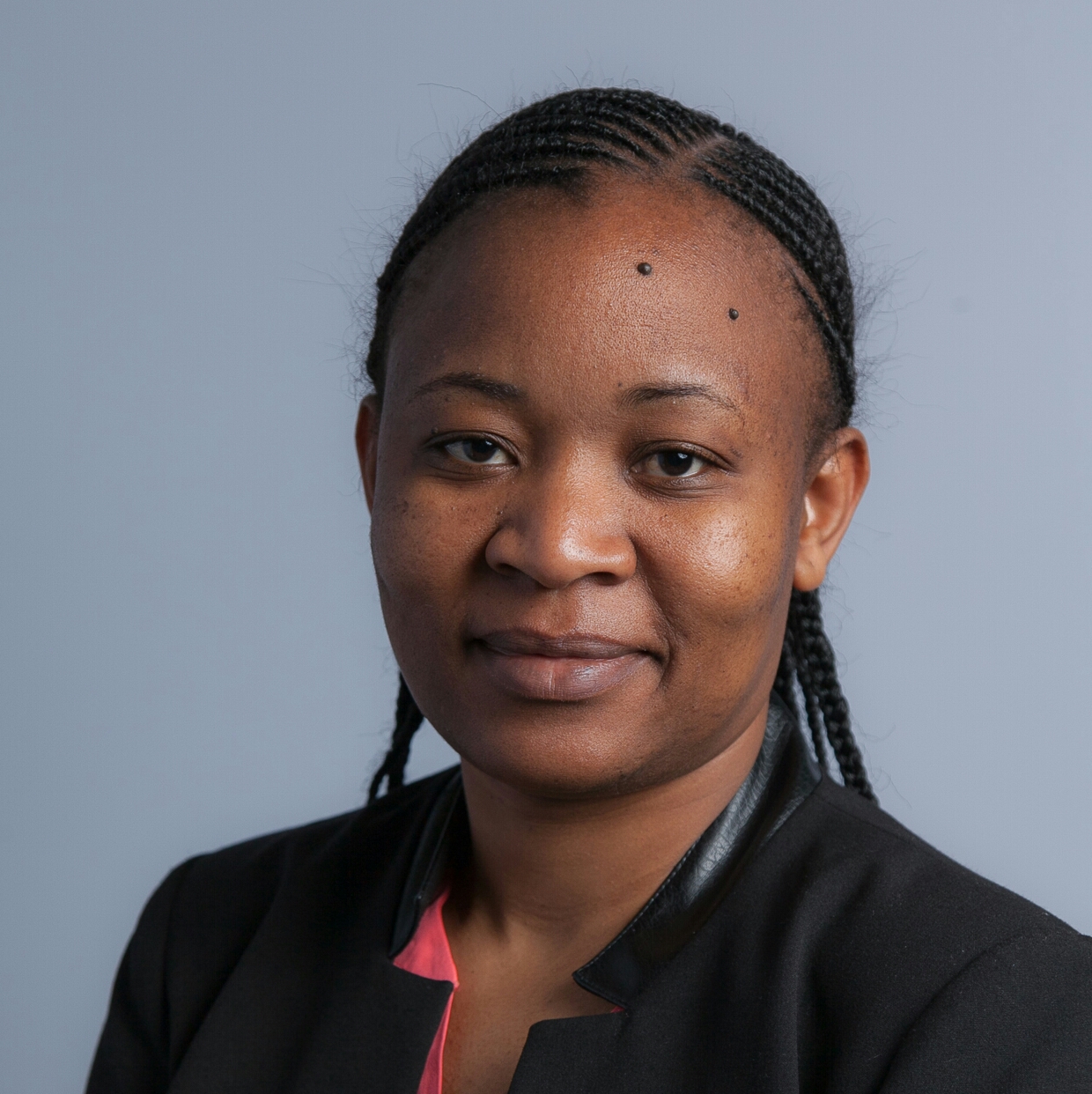How Do People Search to Generate New Ideas?
How Do People Search to Generate New Ideas?
Catherine Chavula, Yujin Choi, Soo Young Rieh
Creativity is a critical skill in various life contexts. It empowers us to generate novel solutions for tasks encountered in our school, work, and daily lives activities. As people leverage information as foundational building blocks to generate new ideas, important questions arise. How do people search for information for their creative tasks, and what thinking strategies do they use when searching for them? We collected data from graduate and undergraduate students in the United States through a search session coupled with pre-search and post-search interviews. During the search session, participants generated new ideas for a predetermined creative search task scenario.
—when people search for new ideas they use four types of exploratory search activities—
A Framework for Searching for Creative Tasks
Following analysis of transcripts from the interviews and search sessions, we developed an iterative four-phased framework for searching for creative tasks. The four phases of activities are planning for the creative search task, searching for new ideas, synthesizing search results, and organizing ideas . In planning, people analyse the task and consider multiple options of actions and their outcomes to accomplish it. We found that in this phase, people may break down their work into subtasks and proceed to work on the subtasks to complete the whole task. In the second phase, we found that when people search for new ideas they use four types of exploratory search activities:
- Exploring as a carving process – Activities in this category involve searching iteratively to find solutions for creative tasks. The search process is used to refine ideas and carve the outcome of the creative task.
- Exploring as an opportunistic endeavor – People may encounter information that they could use in their creative work while searching for other tasks or just browsing. Such search activities are opportunistic and do not necessarily involve planning. People serendipitously encounter information that may inspire their future ideas.
- Exploring as an enquiry for multiple perspectives – Search activities in this category involve finding multiple perspectives of the topic. This may involve finding information from different authors and sources about the topic or information about the different aspects of the topic.
- Exploring as a learning quest – In this category, people aim to understand concepts in a new domain and acquire new knowledge. In other words, search activities are centred around learning. Therefore, people engage in learning to gather information that will serve as a foundation for generating new ideas.

In the next phase, people synthesize search results to generate new ideas by comparing search results and by selecting and combining ideas. Finally, people organize ideas by taking notes on their ideas, grouping them, and labelling them. This helps people to find gaps or establish connections among the ideas identified in the search process. It is important to note that the activities within the phases may occur concurrently. For example, people may find themselves organizing their ideas while searching and analysing their ideas.
Thinking Strategies
We found that in all search activities for creative tasks, people use divergent thinking strategies to generate as many ideas as possible. This involves browsing, using broad search terms and a wide range of data formats and sources. In contrast, people use convergent thinking strategies to compare and select ideas. They use attributes such as value, cost, and novelty to select their best ideas. Additionally, people analyse attributes of concepts to identify corresponding similarities, using analogical thinking as a means of searching for inspiration. For example, one participant derived a colour theme for a presentation by considering the correspondences found in an author’s body of work and existing colour themes. Interestingly, we find that divergent thinking is predominantly used in the phase of searching for new ideas while convergent thinking is used in the planning, synthesizing, and organizing phases.
Looking into the Future
 Our findings make important contributions to future research by providing a framework that can serve as a theoretical foundation for investigating creativity in the context of search systems. Additionally, the four phases highlight the need to design tools with features to support creativity during searching. For example, future research might investigate facilitating serendipitous information encounters, such as exploring ways for people to browse information without issuing any queries. In the same way, to foster support for multiple perspectives requires search systems to return search results that cover various aspects of the given topic.
Our findings make important contributions to future research by providing a framework that can serve as a theoretical foundation for investigating creativity in the context of search systems. Additionally, the four phases highlight the need to design tools with features to support creativity during searching. For example, future research might investigate facilitating serendipitous information encounters, such as exploring ways for people to browse information without issuing any queries. In the same way, to foster support for multiple perspectives requires search systems to return search results that cover various aspects of the given topic.
People searching for information for creative tasks use distinct cognitive approaches across various search activities. Consequently, search systems have the potential to support people by incorporating features that facilitate divergent, convergent, and analogical thinking. For example, future research may integrate generative AI models within search systems to offer a mechanism for extracting and generating diverse ideas from search results, to facilitate divergent thinking. Similarly, these ideas could be automatically analysed by AI models to select the most promising ideas or solutions.
The findings of our study lead us to think about how to evaluate search systems for creativity. Should future evaluation of creativity search tools focus on the final ideas generated as a result of searching, the ultimate outcomes, or the assistance provided throughout each of our identified phases?
Related Publications
Chavula, C., Choi, Y., & Rieh, S. Y. (2024). Searching for creativity: How people search to generate new ideas. Journal of the Association for Information Science and Technology, 75, 438-453. https://doi.org/10.1002/asi.24857
Chavula, C., Choi, Y., & Rieh, S. Y. (2022). Understanding creative thinking processes in searching for new ideas. ACM SIGIR Conference on Human Information Interaction and Retrieval, 321–326. https://doi.org/10.1145/3498366.3505783
Cite this article in APA as: Chavula, C. How do people search to generate new ideas? (2024, May 14). Information Matters, Vol. 4, Issue 5. https://informationmatters.org/2024/05/how-do-people-search-to-generate-new-ideas/
Authors
-

Catherine Chavula is a lecturer in Information Retrieval at the University of Strathclyde in Scotland, United Kingdom.
View all posts -
Yujin is a doctoral student with a focus on the intersection of human learning and information technology. Her research interests include enhancing academic creativity with information systems,exploring search as a learning, and investigating the application of artificial intelligence (AI) in library settings.
View all posts -
Soo Young Rieh is Professor and Senior Associate Dean for Academic Affairs in the School of Information at the University of Texas at Austin. Her research interests encompass information behavior, search as learning, creativity support in searching, and information literacy.
View all posts





